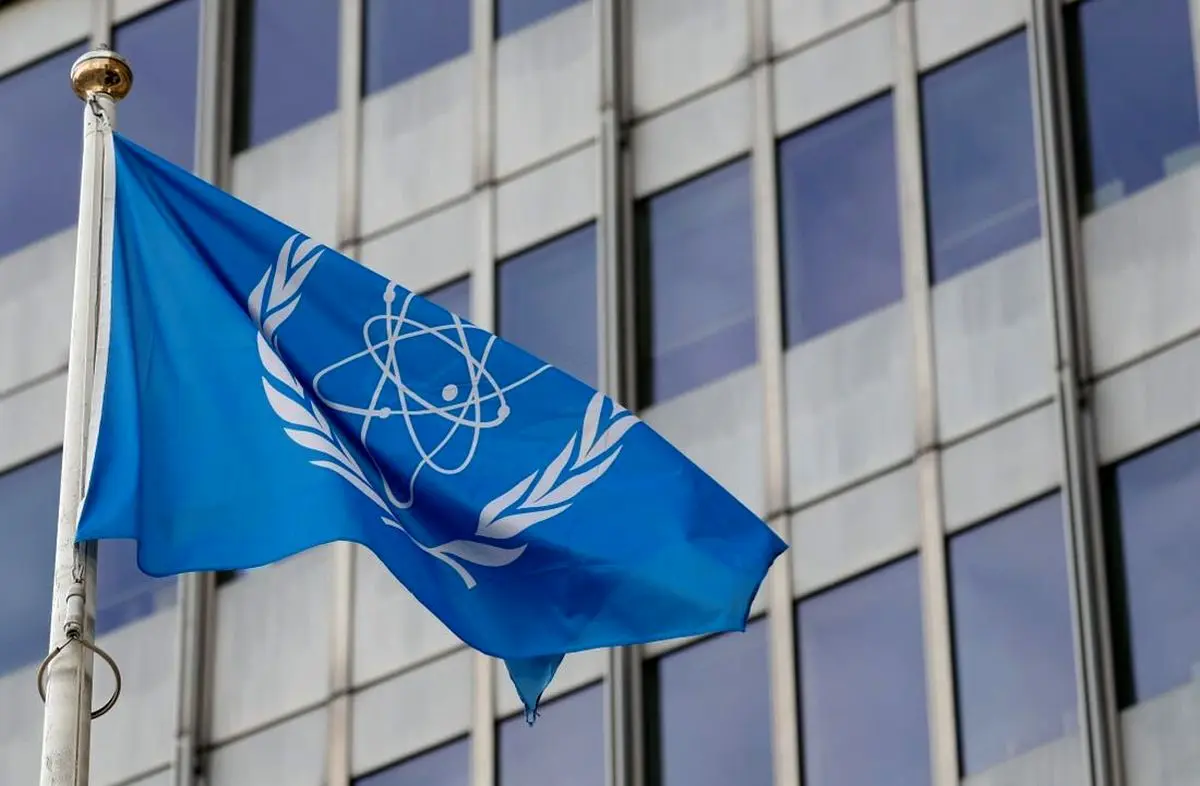SAEDNEWS: The IAEA is sending officials to Washington next week for talks with the U.S. on Iran, as disputes over inspections and accusations of double standards fuel tensions between Tehran and the agency.

An American media outlet has reported that officials from the International Atomic Energy Agency (IAEA) will travel to Washington next week to hold discussions with U.S. officials on the issue of Iran.
In recent years, and especially following direct attacks by the United States and Israel on Iran’s nuclear facilities, one of Tehran’s strongest criticisms of the IAEA has been its silence. These unlawful strikes targeted facilities that were under the agency’s strictest safeguards and monitoring, yet no condemnation was issued. Such a stance has not only further undermined the IAEA’s credibility as a neutral watchdog but has also directly eroded Iran’s trust in the agency. According to Iranian officials, the continuation of the IAEA’s double standards has seriously affected Tehran’s cooperation with the organization.
Even before the agency’s silence on U.S. and Israeli attacks, experts argued that the highly politicized quarterly report of Rafael Grossi, the IAEA’s director general, was effectively a gift to Israel. It allowed Tel Aviv to justify its crimes against the Iranian people based on false claims. Grossi himself was eventually forced to admit that his report had been flawed.
Given this biased approach, Iran decided to suspend its cooperation with the IAEA until its security and rights were assured, and to define a new framework for collaboration. In this context, negotiations have been ongoing between Iran and the IAEA to reach an agreement on new modalities of cooperation.
Against this backdrop, Bloomberg reported on Thursday, citing informed diplomats, that IAEA officials will travel to Washington next week to consult with U.S. authorities “as concerns mount over their inability to address Iran’s stockpile of near-weapons-grade uranium.”
Three diplomats, speaking anonymously, said that the trip was scheduled after the chief inspector of the IAEA failed in a recent attempt to persuade Iran to resume monitoring following the June 12-day war between Israel and Iran. Bloomberg, without mentioning the agency’s double standards, claimed that the IAEA was “frustrated” over the “prospect of inspectors’ return” to Iran.
The outlet also overlooked U.S. attacks on Iranian facilities, writing instead that “Iran insists that chemical and radiological hazards at sites bombed by the United States and Israel render them unsafe for the resumption of IAEA inspections.”
Meanwhile, Iranian Foreign Minister Seyed Abbas Araghchi said in an interview published Wednesday: “We have not reached the point of severing ties with the IAEA, but future cooperation will certainly not resemble the past.”
Bloomberg added that the fate of about 409 kilograms of enriched uranium has remained unclear since the June 13 war began—a matter that, according to diplomats, raises new questions about the effectiveness of the strikes in curbing Iran’s nuclear capabilities.
The report noted that even if satellite images show part of Iran’s enrichment facilities destroyed, the country has preserved both the materials and the expertise to sustain its nuclear program and, if directed by its Supreme Leader, could advance it further.
Iran has consistently rejected any military objectives in its nuclear program, and U.S. intelligence reports since the early 2000s have found no evidence of such a program.
According to diplomats, the IAEA is now studying inspectors’ experiences in hazardous radiation environments, drawing parallels with missions in Fukushima and the war in Ukraine.
Bloomberg also reported that the Washington meeting coincides with Europe’s countdown to threatening activation of the “snapback” mechanism—a move Iran considers illegal and warns could lead to its withdrawal from the NPT if UN sanctions are reimposed.
The report further highlighted that the suspension of inspections has imposed not only political but also financial pressure on the IAEA. Around 274 inspectors, who conducted nearly 500 inspections in Iran last year, are now idle, while member states have expressed doubts about approving the $23 million budget requested by Grossi without a clear mission in Iran.

